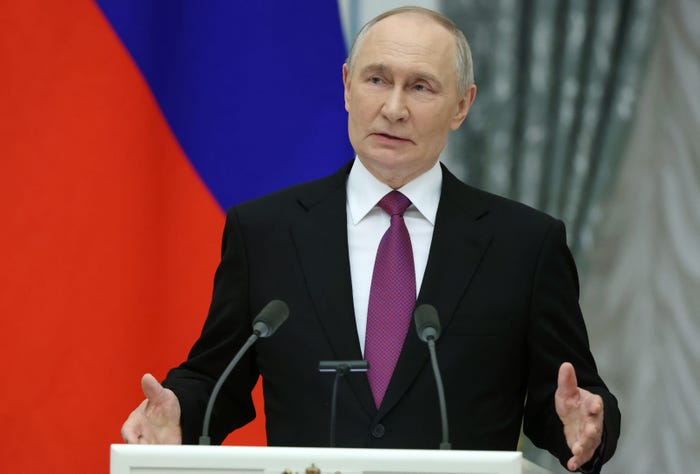UPDATE: Russia’s oil revenues have plummeted a staggering 27% just as fresh US sanctions intensify pressure on its energy sector, marking a critical blow to Moscow’s wartime finances. The Ministry of Finance reports that oil and gas tax revenue fell to 888.6 billion rubles (approximately $10.9 billion) in October 2025, down from 1.2 trillion rubles a year earlier.
This sharp decline in revenue coincides with a stronger ruble, weak crude prices, and increasing Western sanctions due to Russia’s ongoing invasion of Ukraine. Over the first ten months of 2025, total oil and gas revenues dropped to 7.5 trillion rubles, down from 9.5 trillion in the same period last year, reflecting a significant decrease of more than 2 trillion rubles, or 21%.
The US Treasury Department has just sanctioned the financial branches of Rosneft and Lukoil, Russia’s largest oil companies, which together account for nearly 3 million barrels per day—almost half of Russia’s maritime oil exports. The sanctions come at a time when Moscow can least afford them, further straining its financial resources.
Despite initial market concerns that these restrictions could lead to tighter global supply and increased prices, the market has reacted with relative calm. As of now, US West Texas Intermediate futures are trading around $60 a barrel, while international Brent crude hovers near $64—both down approximately 15% this year due to abundant supply and sluggish demand.
Experts warn that while Russia has adapted by rerouting its crude through a “shadow fleet” and utilizing non-Western payment systems, buyers may face escalating compliance risks under the new US sanctions. Warren Patterson, head of commodities strategy at ING, noted that the lack of significant price impact suggests the market does not anticipate a major loss of supply.
Bridget Payne, head of energy forecasting at Oxford Economics, emphasized that the sanctions create a “sanctions premium” on Russian crude, forcing the country to offer deeper discounts to attract buyers while facing increased legal and logistical risks. This will further diminish Moscow’s net revenue from oil sales.
The economic outlook for Russia remains grim, with the economy growing only 0.6% year-on-year in the third quarter, down from 1.1% in the second quarter and 1.4% in the first quarter. The slowdown follows a wartime economic boom fueled by defense spending and state subsidies, leaving President Vladimir Putin‘s administration grappling with mounting fiscal pressures.
As sanctions tighten, the US continues to seek diplomatic solutions in Ukraine while attempting to keep energy prices low. However, there are signs of impatience from Washington, with President Donald Trump expressing frustration over the lack of progress in negotiations.
This escalating situation demands close attention as the international community watches how Russia will navigate its deepening economic crisis amid stringent sanctions and declining revenues. The implications for global oil markets, price stability, and geopolitical dynamics remain significant as the situation develops.
Stay tuned for further updates as this story unfolds.
